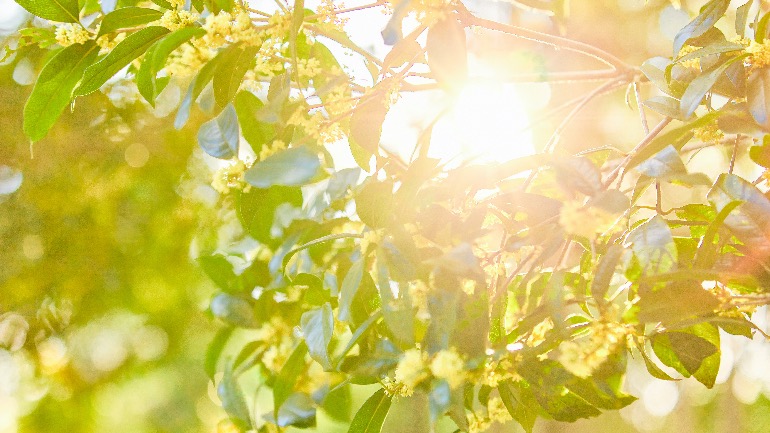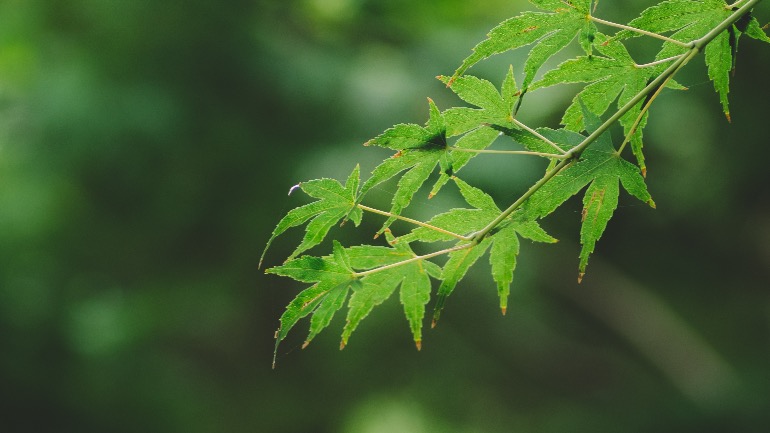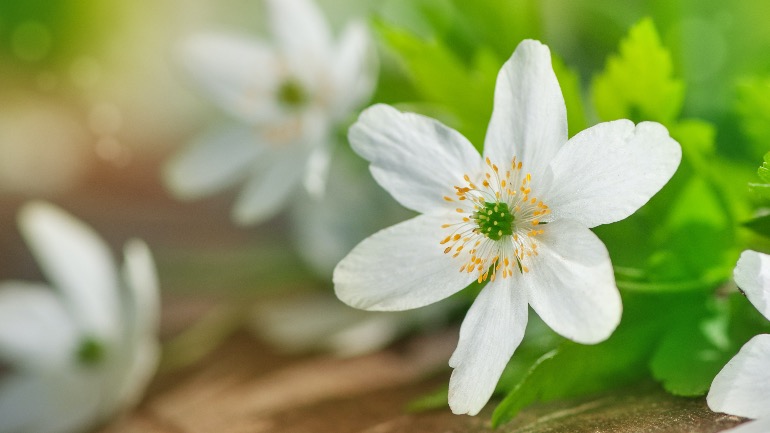Neutral means neither good nor bad. For example, someone invites a friend along to liberate animals, but the friend does not understand the merit and the benefit related to this activity, just goes along having no particular purpose. After the activity has ended, the friend’s participation would have resulted in a kind of neutral karma. Maybe someone will question, “Didn’t the friend also save some lives? Why was this karma neutral?” It is because the friend did exactly the same thing as everybody else but with no idea as to why it was done. That makes it neutral.
KHENPO'S BLOG
Similarly, after we have generated renunciation and bodhicitta, we do not have to immediately abandon all worldly activities such as working, handling family affairs and so forth.
As long as we do not develop attachment to those ordinary activities, we can practice and work at the same time. Generating renunciation and bodhicitta not only are not incompatible with daily work, but may even come in handy for a true practitioner faced with thorny issues or interpersonal conflict.
For example, good karma is likely to be destroyed when a person, after reciting the heart mantra of Manjusri one hundred million times, goes on to tell others what great merit he or she has thus accumulated and flaunts the skills in meditation with pride.
Before having realized emptiness, it is not possible to truly free mind of concepts. Then, we can just adopt an approximate approach to all actions, which is relatively close to but not quite the real thing. For example, after we have learned the analytical techniques of Madhyamaka, we can fully appreciate the idea that phenomena manifest and, at the same time, are devoid of intrinsic reality, like dreams. However, this is just theoretical understanding, not true realization of emptiness.
Some people do not see the point of preparing for future lives because they are not feeling any obvious distress right now. Yet worrying about the well-being in their old age, they will do all they can to make money even without concerns for karma and retributions sometimes. This is very foolish.
For instance, a person has properly liberated animals but regrets after some time, thinking, “That was a waste of money. I shouldn’t have done it.” This regret will immediately ruin the virtuous karma resulted from all previous acts of liberating animals.
To attain liberation from the suffering of samsara, one must succeed in realization of emptiness being the true nature of all phenomena, regardless of its apparent difficulty. One needs to overcome this last hurdle, renunciation and bodhicitta being the first two, before going further on the path to liberation. Once the first two are fully generated, realizing emptiness will come next. Without the latter, liberation would still be beyond reach even with renunciation and bodhicitta completely aroused. There is just no way to get around this. So ultimately, one must attain realization that all phenomena are emptiness.
As said before, if the purpose of doing something was to satisfy worldly pursuits such as health and longevity, it would be deemed an unwholesome motivation. All the activities done on this premise, whether they are meditation or reciting sutras, are considered just mundane practices that do not lead to enlightenment.
The practice of virtuous actions should never be a passive one. In fact, any good action, if forced, will not be good any more as it comes not from the heart and is done merely as a formality. Therefore, it is extremely important to make everyone understand the essence, the view and the conduct of Mahayana Buddhism.











